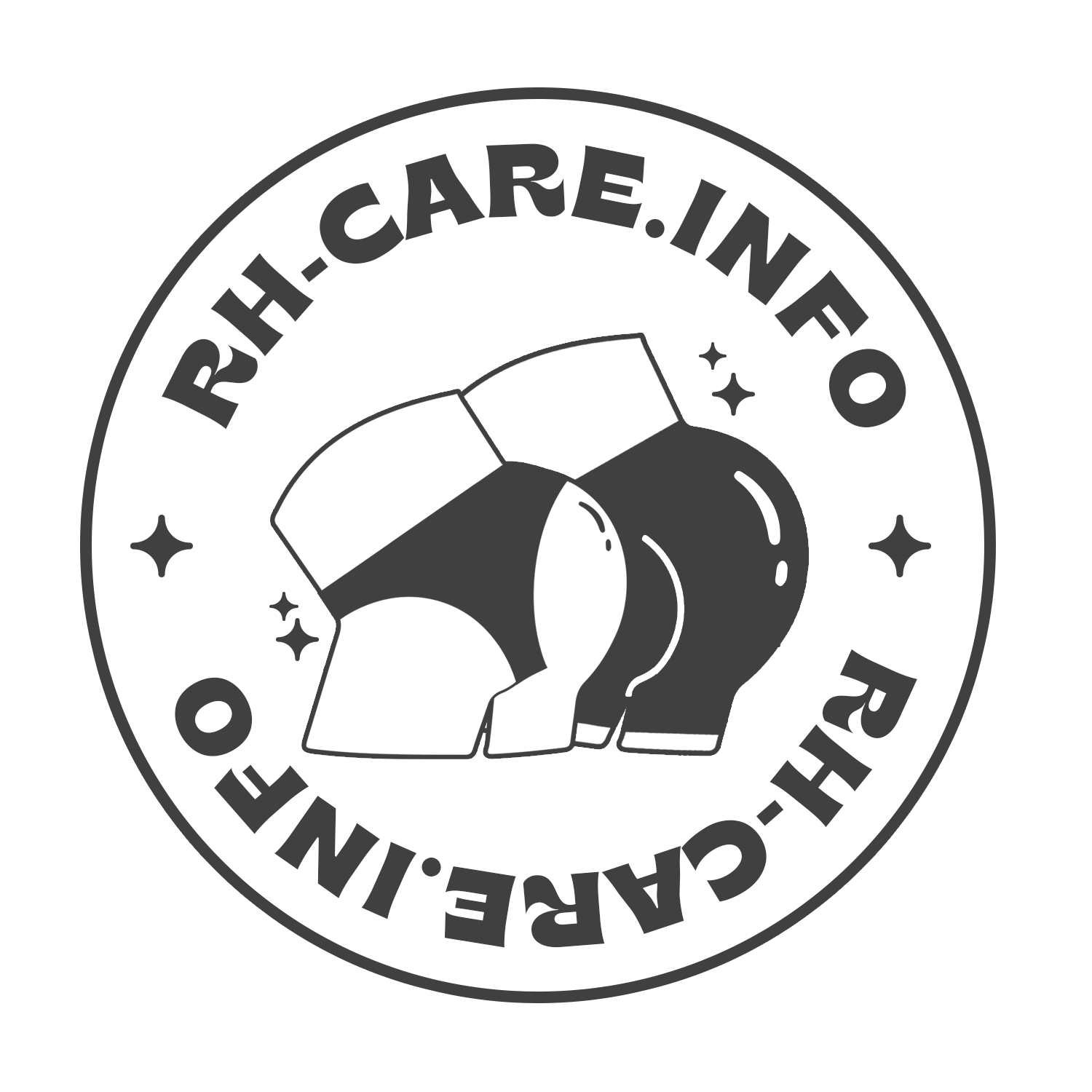Having access to quality maternal healthcare services in the midst of the COVID-19 pandemic became difficult for pregnant women. On top of the pregnancy journey, pregnant women are facing head on issues including transportation, hospitals in full bed capacity, and increases in health care costs made it difficult for them to receive proper prenatal, delivery and postnatal services. Because of these worrying situations, women living in pandemic-affected areas are opting to give birth at home, overlooking the risks for both the mother and her child.
The United Nations Population Fund Philippines (UNFPA), in partnership with the Philippine Society for Responsible Parenthood (PSRP), and the Center for Health Development VI – Western Visayas, put up OB Triage Tents in selected areas in Iloilo Province and in Bacolod City to puzzle out this reality. The OB Triage Tents supported the continuity of life-saving sexual and reproductive health services in three DOH retained hospitals and one City Birthing Clinic and mainly provided maternal care services to pregnant women and referred them to appropriate birthing facilities. These triage tents were set up at the following health facilities:
• Don Jose Monfort Medical Center Extension Hospital (DJMMCEH) – Municipality of Barotac Nuevo, Iloilo Province
• Western Visayas Medical Center (WVMC) – Iloilo City
• Western Visayas Sanitarium – Municipality of Santa Barbara, Iloilo Province
• Bacolod City Birthing Clinic – City Health Office, BBB St, Bacolod City, Negros Occidental
All pregnant patients who came in at the host facility premises were first seen and examined by certified healthcare professionals assigned at the OB Triage Tents. After the quick assessments, these patients were brought to the health facilities that were ready to admit the particular cases. In situations when transporting the pregnant mothers were not possible, the triage tents were fully equipped to deliver babies. COVID-19 infection and prevention control measures were strictly observed in and outside the tents. All tent health professionals were provided with and required to wear the complete personal protective equipment (PPE) including protective clothing, facemasks and face shields.
The OB Triage Tents started servicing patients on September 19, 2020 and were able to serve a total of 3,936 women majority of which were for maternal care services while a few were gynecological cases.
• DJSMMCEH – 2,282 (1,727 were prenatal check-ups) women
• WVMC – 709 women
• Bacolod CHO – 689 women
• Sanitarium – 256 women
A total of 1,693 women were referred and successfully delivered at the host facilities, other referral facilities and inside the triage tents with 14 twin deliveries totaling 1,707 babies. Unfortunately, there were 18 singleton fetal deaths and one dead twin baby boy. Of the live babies, fifty one percent (867/1,688) are baby boys, 49% (821/1,688) are baby girls. Seventy-eight (78) of these babies were actually delivered inside the triage tents because they came in fully dilated and there was no enough time to transfer them to the host delivery room or nearby lying-in clinics. DJSMMCEH had 37 deliveries inside the tent while WVMC tent had 30 deliveries, Sanitarium tent with 8 deliveries, and Bacolod CHO Birthing Clinic tent with 3 deliveries. Eighty-eight percent were vaginal deliveries (1,496/1,693) and twelve percent (197/1,693) were delivered through cesarean section.
Premature rupture of membranes (PROM) was the number one impression seen among those labeled as high-risks or complicated pregnancies and labor. These initial impressions were made in the OB Triage tents but the final diagnoses rested on the admitting health facilities. Other high risks pregnancies seen included the following: preterm in labor, preeclampsia, malpresentation, protracted labor, post term, oligohydramnios, gestational hypertension, placenta previa, multifetal pregnancy, eclampsia, gravido-cardiac patient, diabetes, placenta abruptio, polyhydramnios, and placenta accreta.
The ages of the patients seen ranged from 14 years old to 49 years old with a median age of 27 years old. Four hundred forty-three (443) patients were adolescent girls with 437 of them pregnant and 6 were non-pregnant. The number of adolescent girls seen are distributed below by age.
• 14 years old – 1 girl
• 15 years old – 10 girls
• 16 years old – 55 girls
• 17 years old – 74 girls
• 18 years old – 131 girls
• 19 years old – 172 girls
The 14-year-old girl was a primigravid while there were two 19-year-olds who were on their third pregnancies.
All pregnant women seen were oriented and advised to avail the family planning services offered by the health centers once they have delivered their babies. No postpartum family planning services were actually provided inside the triage tents due to unavailability of supplies and trained personnel.
This initiative brought light to some pregnant women’s needs for quality maternal healthcare in today’s difficult reality. Although there were fetal deaths reported (18 among those who delivered and 3 were lost to follow-up) mostly due to prematurity, there was zero maternal death. The timely and proper care received by the pregnant women from the well experienced professional medical staff of the triage tents have prevented delivery complications and maternal deaths. The project ended on December 31, 2020 and all the tents including equipment and supplies were properly donated and turned over to the host facilities.
If you’re looking for reproductive health services in the Philippines, you may head over to our Health Facility Locator to find health facilities near your place.
DJSMMCEH OB Triage Tent Census Data
WVMC OB Triage Tent Census Data
Western Visayas Sanitarium
OB Triage Tent Census Data
Bacolod CHO
OB Triage Tent Census Data



